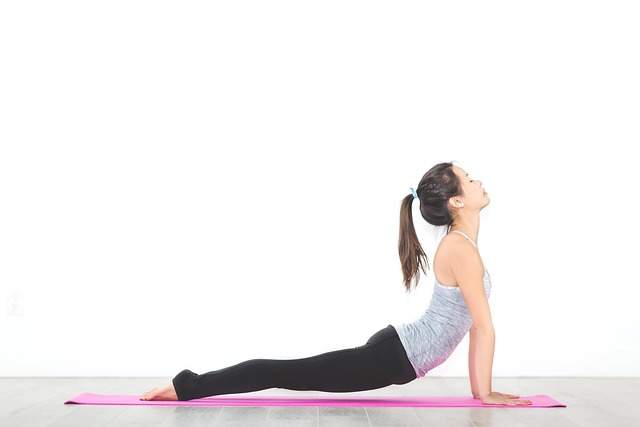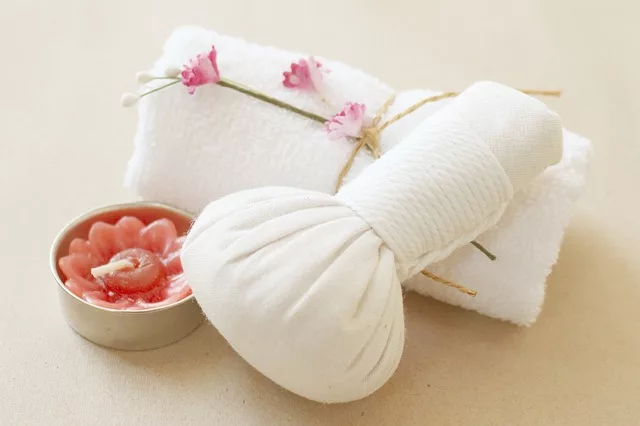Menopause is a natural transition in a woman’s life, accompanied by a variety of physical and emotional symptoms. While hormone replacement therapy (HRT) is a common medical intervention, many women seek alternative approaches to manage menopause symptoms. Mind-body therapies, rooted in the connection between the mind and body, have gained popularity for their potential to address menopause-related discomfort. In this article, we delve into the effectiveness of mind-body therapies for menopause symptoms, examining the research and exploring how these therapies can offer relief and support during this transitional phase.
Understanding Mind-Body Therapies
Mind-body therapies encompass a diverse range of practices that recognize the interconnectedness of the mind and body and their influence on overall health and well-being. These therapies emphasize the power of thoughts, emotions, beliefs, and the mind’s ability to positively impact physical health and vice versa. By engaging in mind-body practices, individuals can cultivate self-awareness, promote relaxation, reduce stress, and enhance their overall quality of life. Here are some key mind-body therapies worth exploring:
- Meditation: Meditation involves focusing the mind and cultivating a state of deep inner awareness.
- Mindfulness: Mindfulness is a practice that involves intentionally paying attention to the present moment without judgment.
- Yoga: Yoga is a mind-body practice that combines physical postures, breath control, and meditation.
- Tai Chi: Tai Chi is an ancient Chinese martial art that focuses on slow, flowing movements, deep breathing, and mental concentration.
- Breathwork: Conscious breathing techniques are central to many mind-body therapies.
- Biofeedback: Biofeedback is a technique that allows individuals to monitor and gain control over physiological functions such as heart rate, blood pressure, and muscle tension.
- Guided Imagery: Guided imagery involves using mental images and visualization to promote relaxation and healing.
The Research on Mind-Body Therapies for Menopause Symptoms
Numerous studies have investigated the effectiveness of mind-body therapies in managing menopause symptoms. While individual experiences may vary, research suggests that these therapies can provide meaningful relief and support during this transformative phase of a woman’s life.
- Meditation and Mindfulness: Meditation and mindfulness practices involve cultivating present-moment awareness and acceptance. Studies have shown that these practices can help reduce hot flashes, improve sleep quality, and alleviate anxiety and depression symptoms associated with menopause.
- Yoga and Tai Chi: Yoga and Tai Chi combine physical movement, breathwork, and meditation, offering holistic benefits for menopause symptoms. Research indicates that these practices can improve sleep, reduce the frequency and severity of hot flashes, enhance mood, and improve overall quality of life during menopause.
- Acupuncture: Acupuncture, an ancient Chinese therapy, involves the insertion of thin needles into specific points on the body. It has shown promise in managing menopause symptoms such as hot flashes, night sweats, and sleep disturbances. Acupuncture may stimulate the release of endorphins, regulate hormonal imbalances, and promote overall well-being.
- Relaxation Techniques: Various relaxation techniques, including deep breathing exercises, progressive muscle relaxation, and guided imagery, can help women manage stress and alleviate menopause symptoms. These practices promote relaxation, reduce anxiety, and support emotional well-being during this transitional period.
Considering Individual Variations and Personalized Approaches
It’s essential to recognize that the effectiveness of mind-body therapies for menopause symptoms can vary among individuals. Each woman’s experience of menopause is unique, and what works for one person may not work for another. It’s recommended to explore different mind-body therapies, consult with healthcare professionals, and adopt a personalized approach that suits your specific needs and preferences.
Integrating Mind-Body Therapies into Menopause Self-Care
Incorporating mind-body therapies into your self-care routine during menopause can provide numerous benefits. Here are some practical tips for integrating these therapies into your daily life:
- Start with Small Steps: Begin by exploring one mind-body therapy that resonates with you. It could be meditation, yoga, or any other practice that captures your interest.
- Seek Professional Guidance: Consider working with a qualified instructor or therapist who specializes in mind-body therapies. They can provide guidance, tailor the practices to your needs, and ensure proper technique and safety.
- Consistency is Key: Consistent practice is essential to experience the benefits of mind-body therapies. Set aside dedicated time each day or week to engage in your chosen practice.
- Combine Therapies: Experiment with different mind-body therapies and see how they complement each other. For example, combining meditation with gentle movement through yoga can create a comprehensive approach to managing menopause symptoms.
Conclusion
Mind-body therapies offer a promising avenue for managing menopause symptoms by promoting relaxation, self-awareness, and emotional well-being. While more research is needed to fully understand their mechanisms and effectiveness, existing studies indicate positive outcomes for women experiencing menopause-related discomfort. By embracing these therapies and adopting a personalized approach, women can empower themselves during this transformative phase, finding relief, balance, and renewed vitality in their journey through menopause.
Women’s Health
-

Natural Ways to Support Breast Health: Tips for Optimal Well-Being
Breast health is a vital aspect of overall well-being for women of all ages. While regular breast screenings and medical check-ups are essential, there are also several natural ways to support breast health. Adopting a healthy lifestyle, making dietary choices that promote breast health, and practicing self-care can all contribute to maintaining breast health. In…
-

How To Maintain Breast Health with Diet And Exercise
-

8 Ways to Nurture Breast Health Naturally for Wellness
-

Top 5 Essential Oils for Women and How to Use Them
-

What are the Most Effective Mind-Body Therapies for Menopause Symptoms
-

Try These 13 Natural Remedies for Hot Flashes Today
-

Treat Menstrual Cramps Naturally with Turmeric and Ginger








Leave a Reply